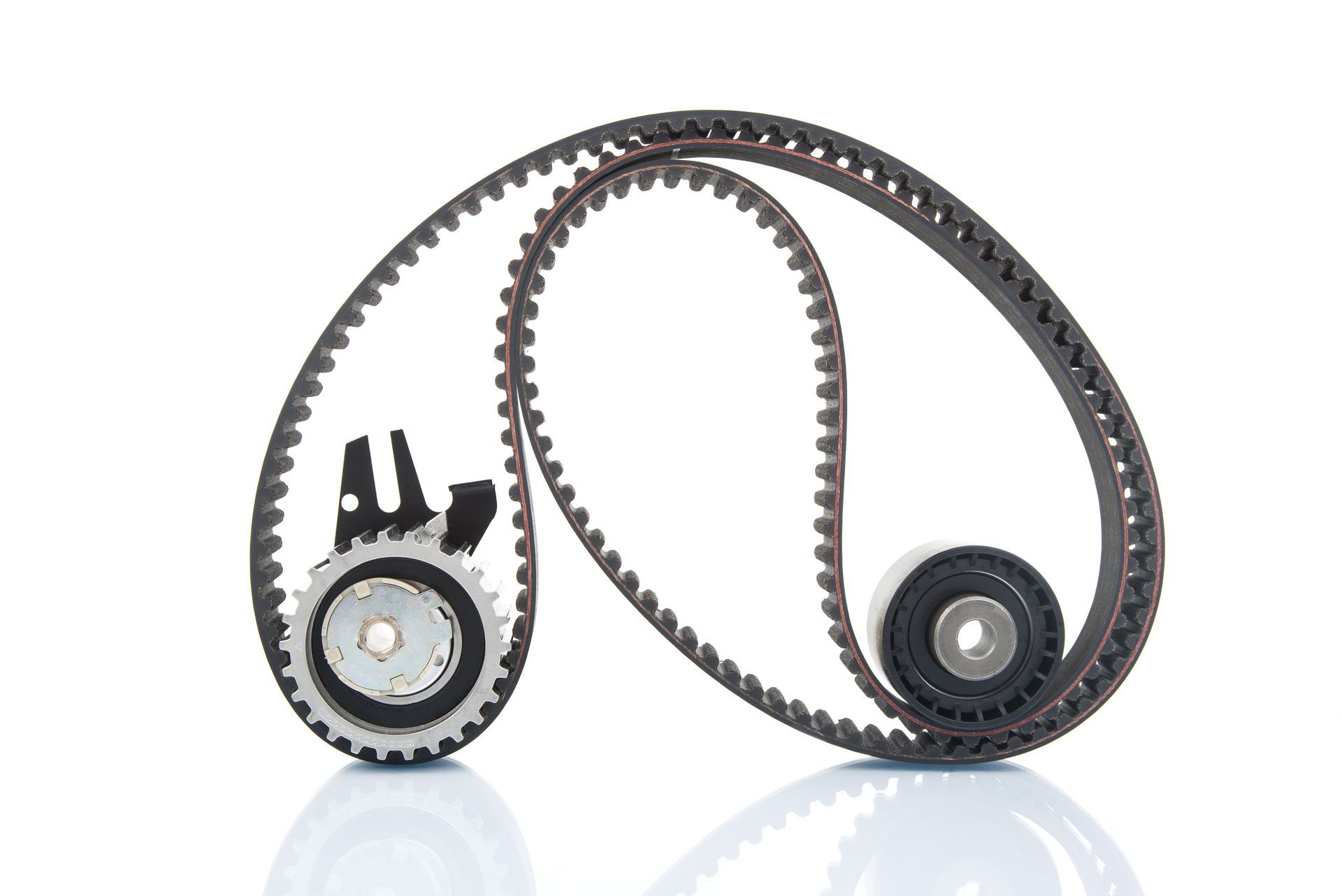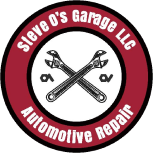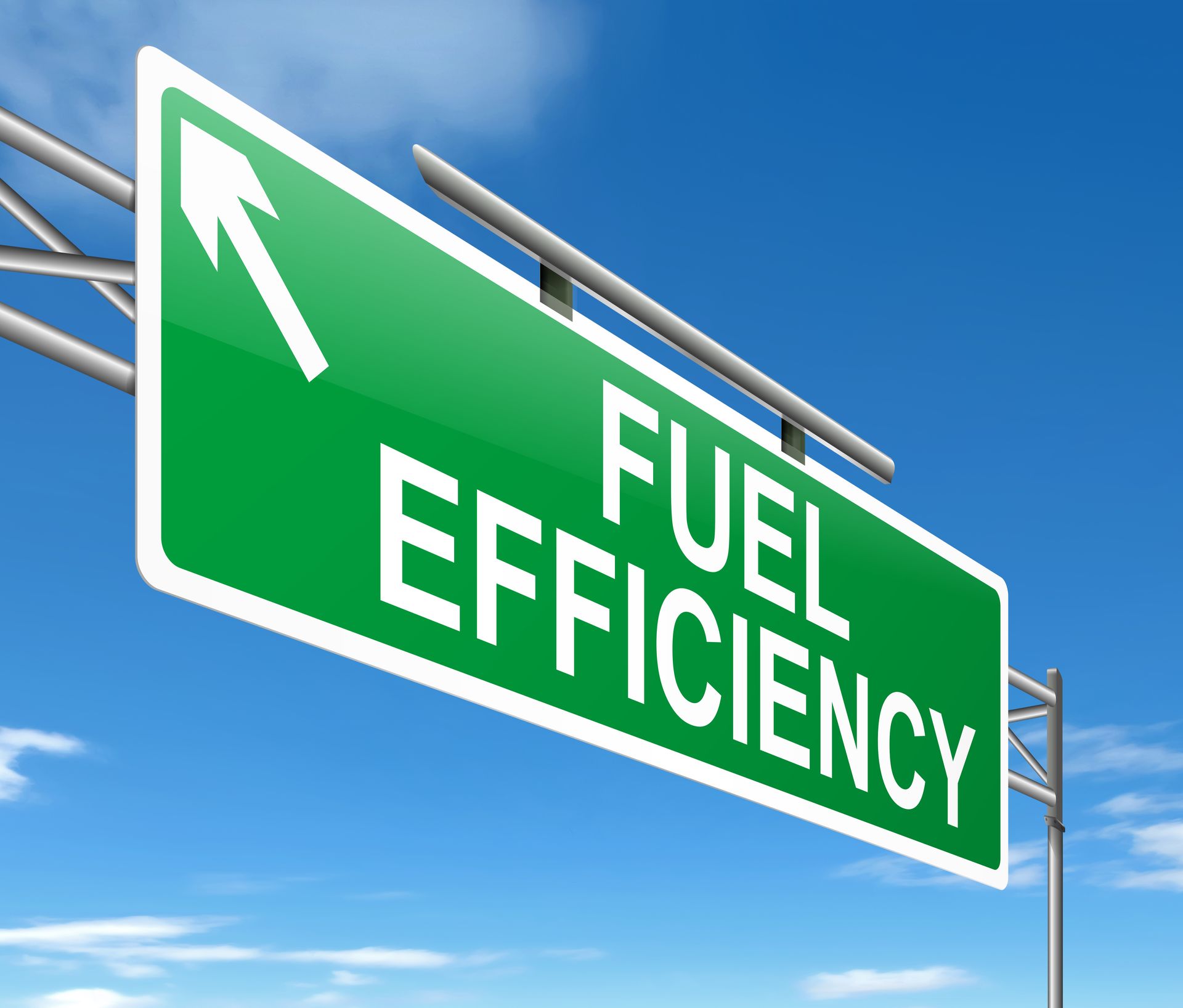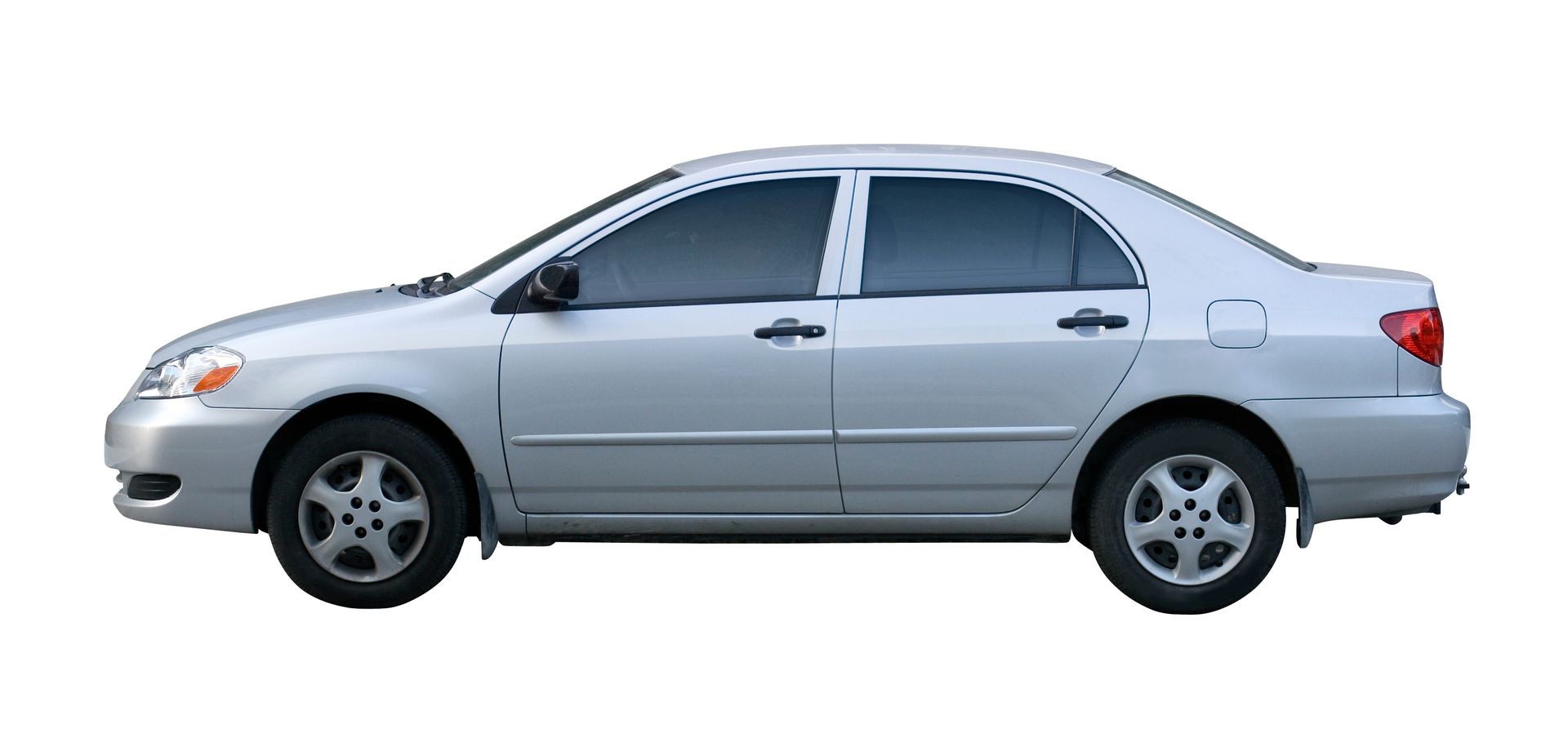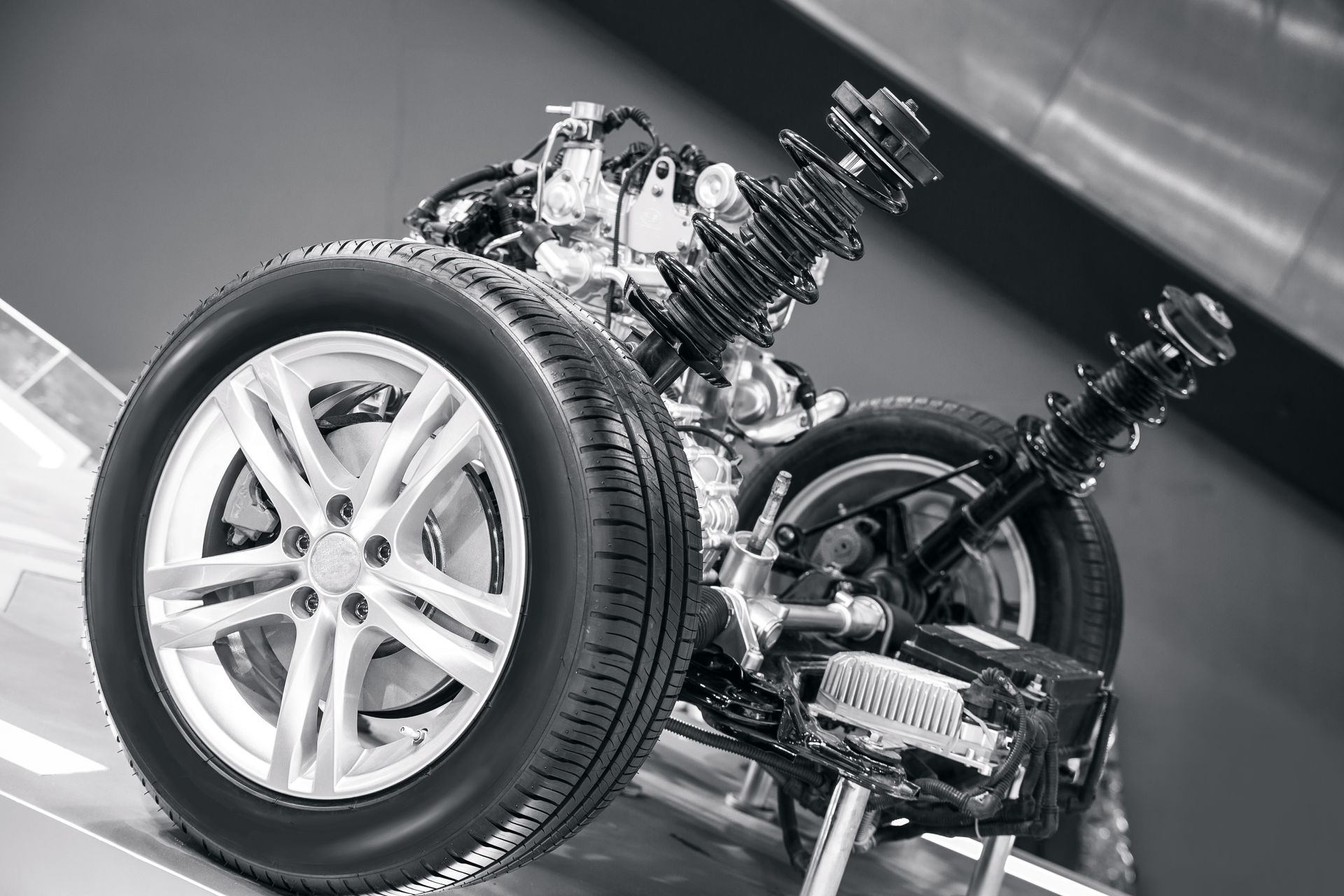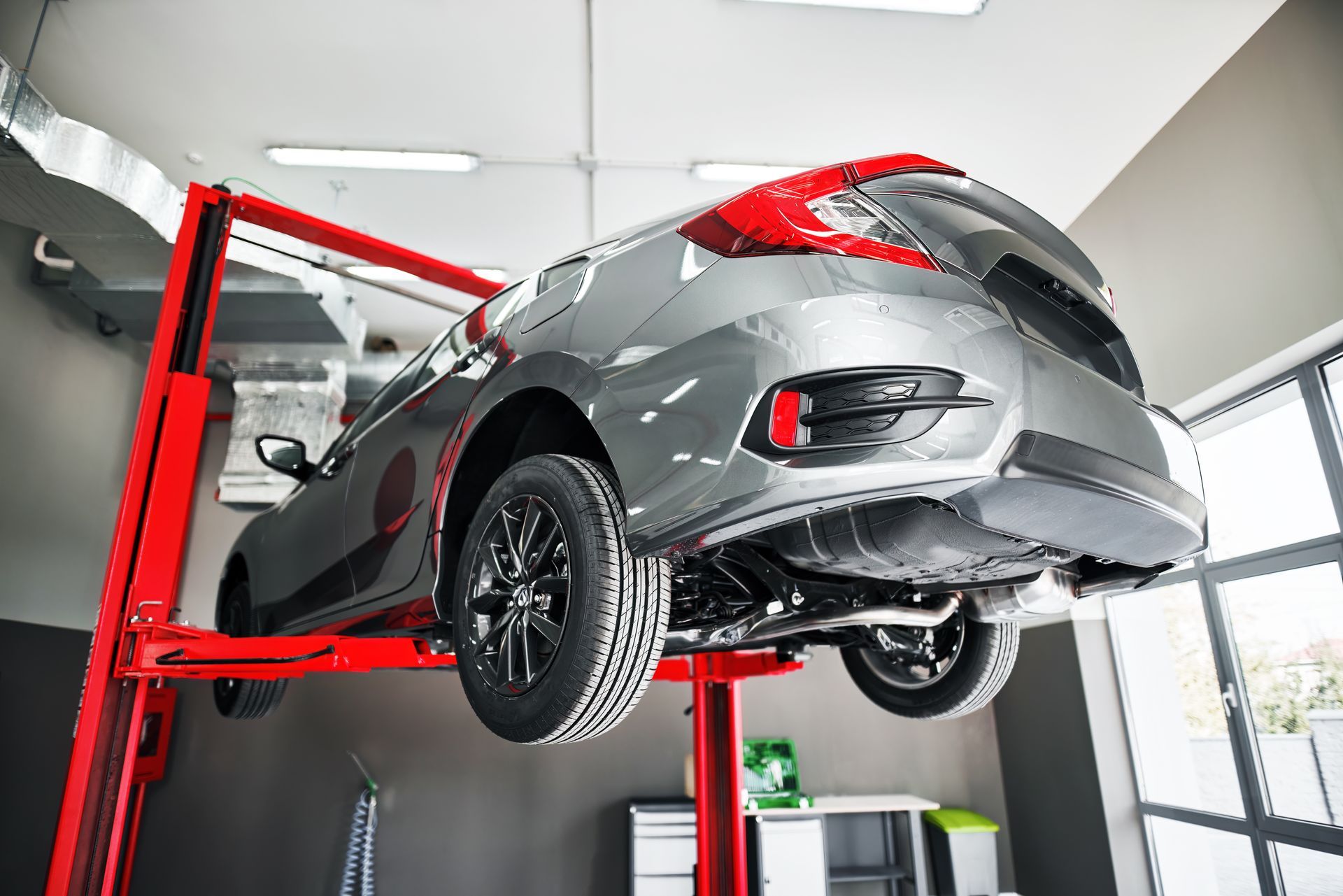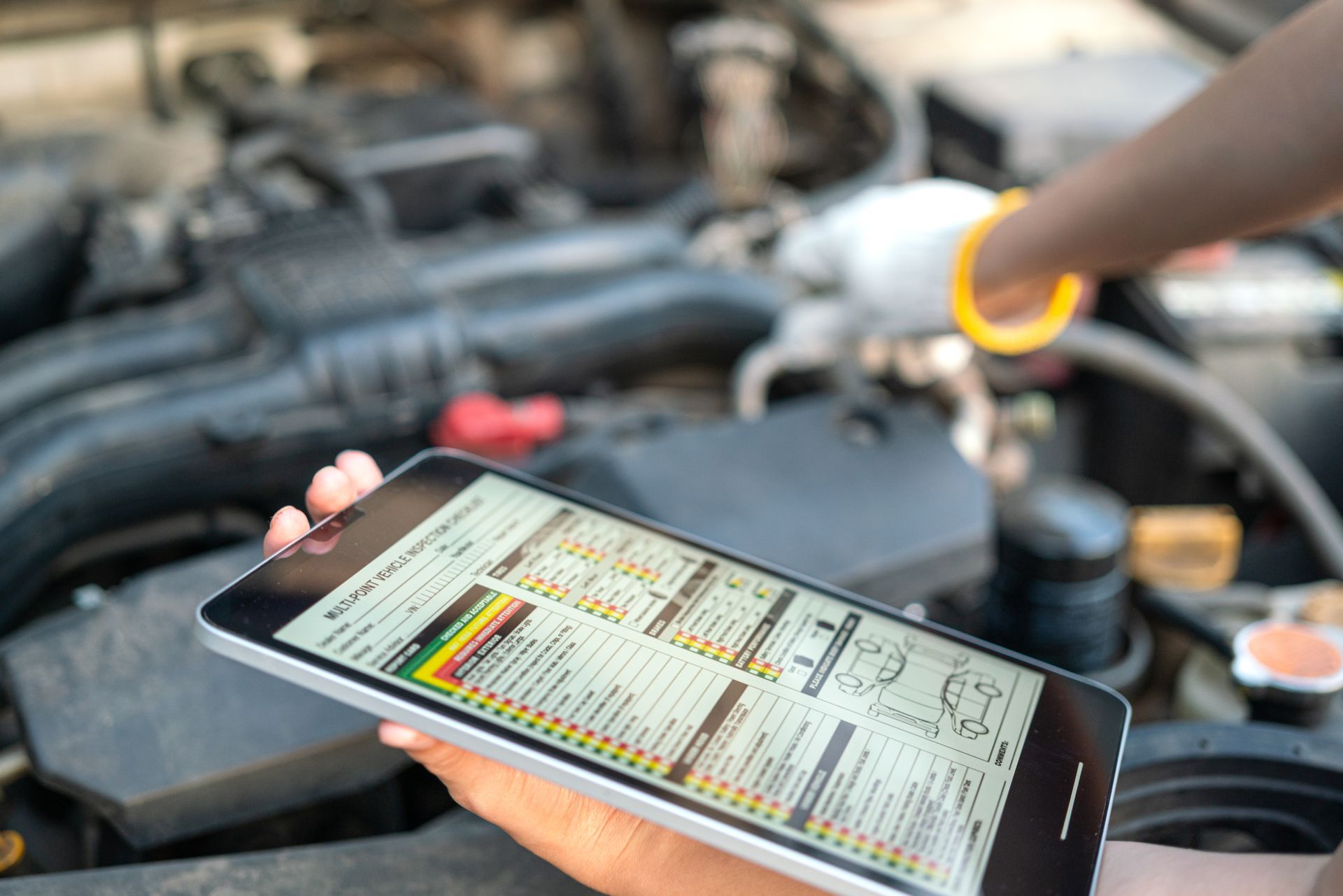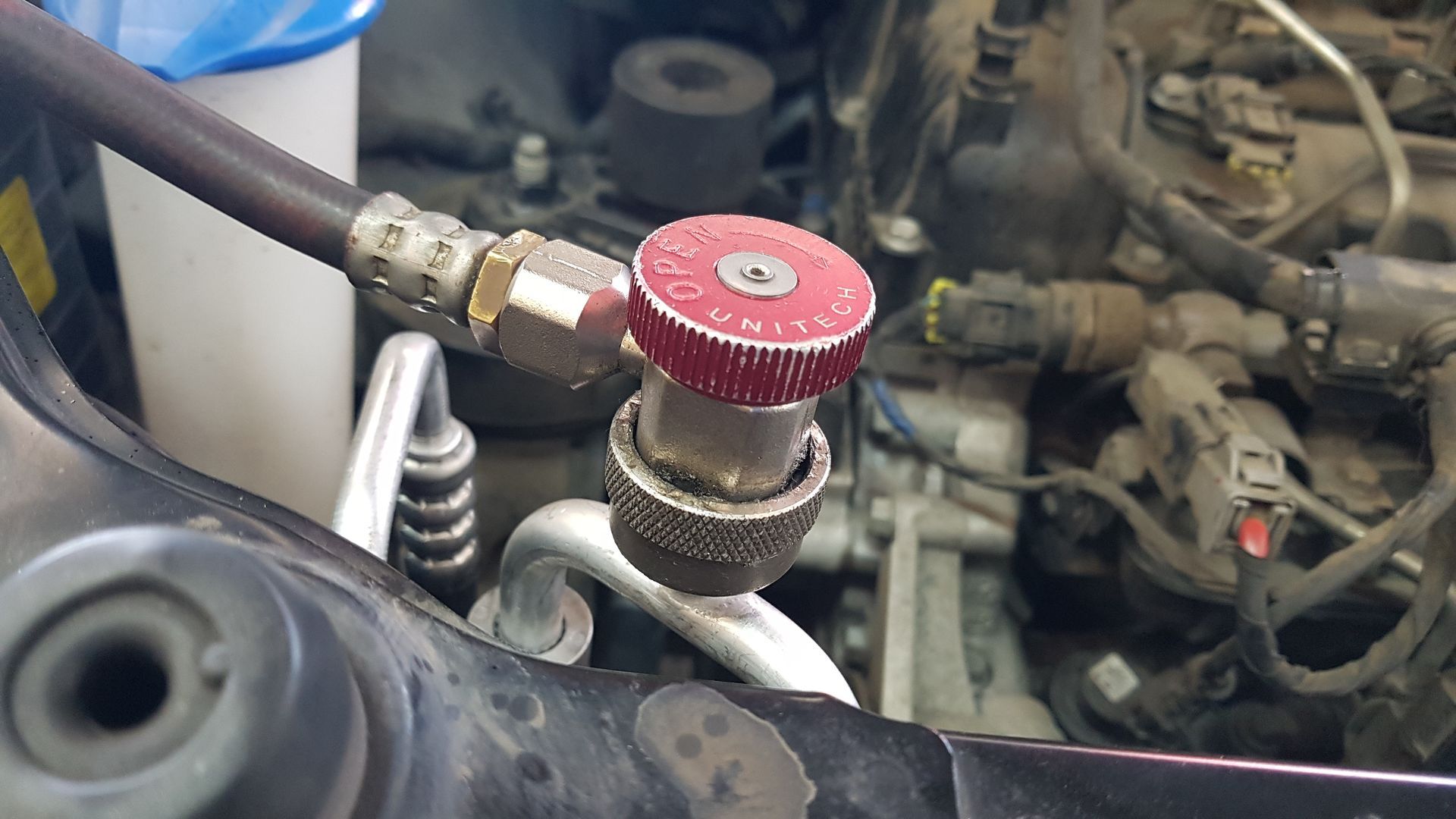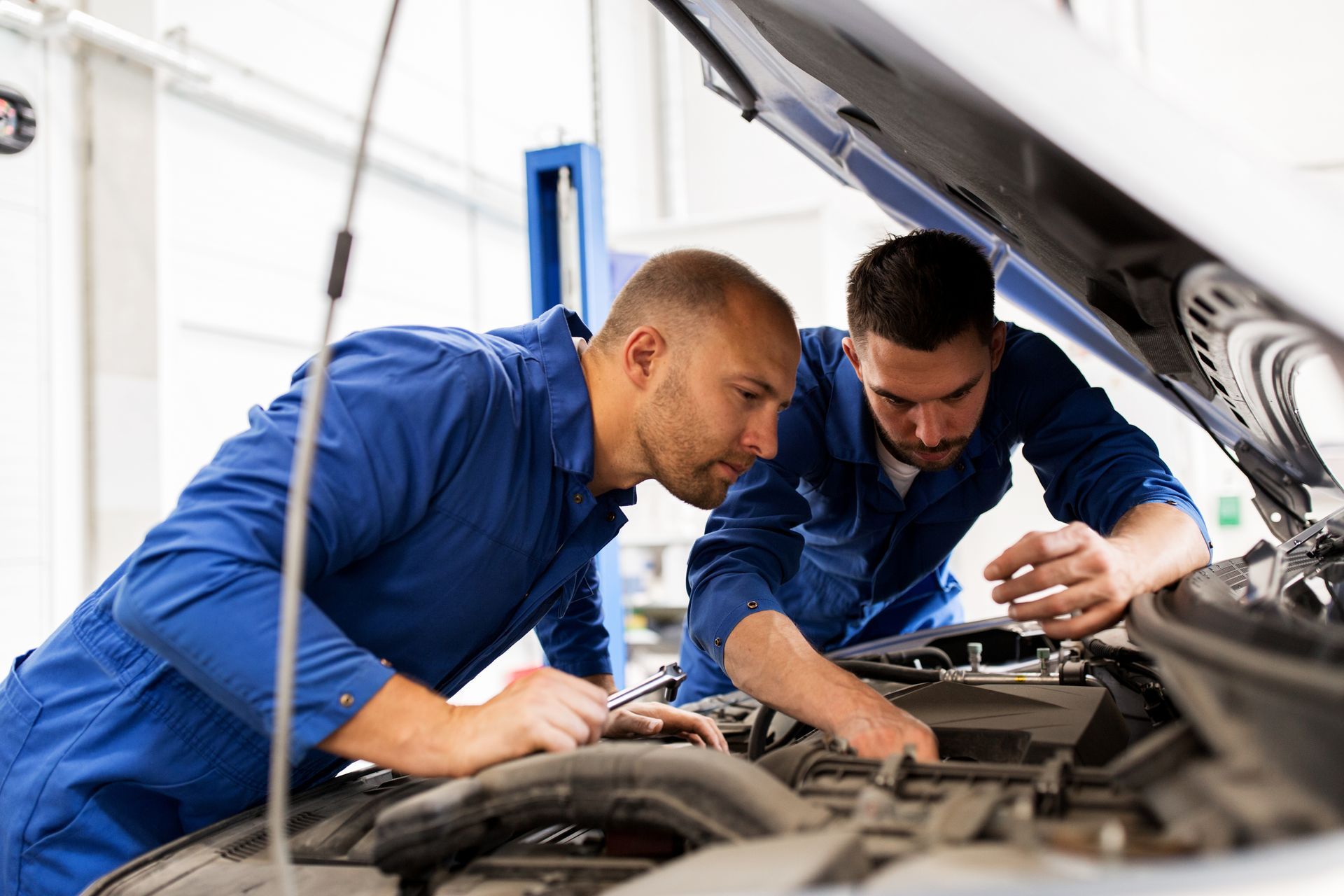The alternator plays a crucial role in your vehicle's electrical system, ensuring that the battery remains charged and powering essential components such as lights, radio, and air conditioning. However, alternator issues can arise unexpectedly, leading to a variety of problems that can affect your vehicle's performance and safety.
Sign #1: Dimming Lights
One of the most common signs of alternator problems is dimming or flickering lights, both inside the vehicle and on the exterior. When the alternator fails to generate enough power to keep the electrical system running smoothly, lights may dim or fluctuate in brightness, indicating a potential issue with the alternator.
Sign #2: Warning Indicator Light
Many modern vehicles are equipped with a dashboard warning light that specifically indicates alternator problems. If you notice the battery or alternator warning light illuminated on your dashboard, it's essential to address the issue promptly to prevent further damage to the electrical system.
Sign #3: Strange Noises
A malfunctioning alternator may produce unusual noises, such as grinding, whining, or buzzing sounds. These noises often indicate mechanical problems within the alternator, such as worn bearings or a failing voltage regulator, and should be inspected by a qualified mechanic as soon as possible.
Sign #4: Electrical Issues
Alternator issues can manifest as various electrical problems throughout the vehicle, including difficulty starting the engine, sporadic power window operation, or malfunctioning accessories. If you experience any unusual electrical issues, it's crucial to have your alternator inspected to determine the root cause of the problem.
Sign #5: Battery Problems
A failing alternator can put additional strain on the battery, leading to frequent battery replacements or difficulty maintaining a charge. If you find yourself jump-starting your vehicle frequently or experiencing repeated battery failures, it may be indicative of an underlying alternator issue that requires attention.
Best Maintenance Practices
To prevent alternator problems and maintain optimal performance follow these best maintenance practices:
Regular Inspections
Schedule regular inspections of your vehicle's electrical system, including the alternator, to detect any potential issues early on and prevent costly repairs down the road.
Keep Connections Clean
Ensure that all electrical connections, including battery terminals and alternator cables, are clean, secure, and free of corrosion to promote optimal electrical conductivity.
Monitor Battery Health
Keep an eye on your vehicle's battery health by checking its voltage regularly and replacing it as needed to prevent strain on the alternator.
Avoid Overloading Electrical System
Minimize the use of electrical accessories, such as high-powered audio systems or aftermarket lighting, to reduce the strain on the alternator and prolong its lifespan.
Professional Maintenance
Entrust alternator repairs and maintenance to a qualified mechanic or automotive technician to ensure that the work is done correctly and safely.
Alternator and battery services - Steveo's Garage LLC is here to help! Contact us, schedule an appointment, and we will take it from there!
